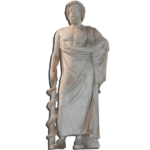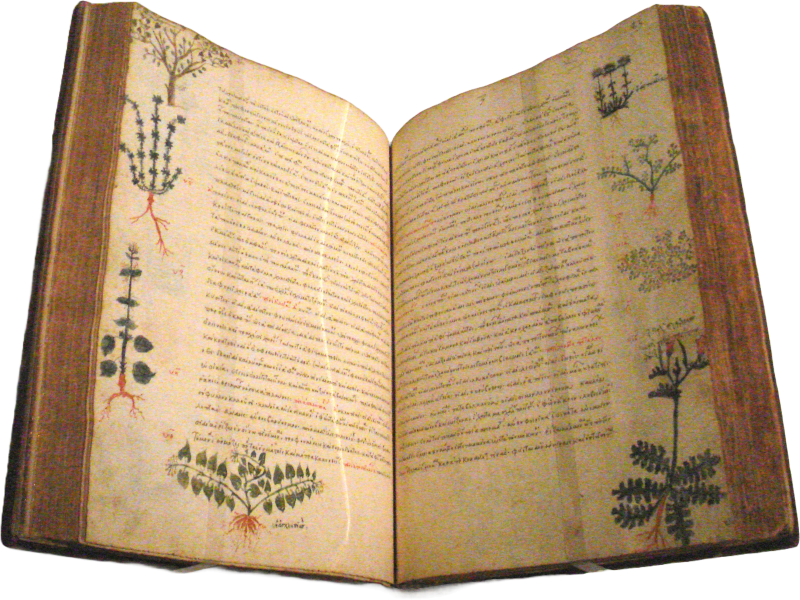The role of history in health
Medical history is a multidisciplinary field, combining historical work with medicine, with research undertaken by medical and scientific researchers and historians. This series of posts discusses methods and issues in medical history, as well as some themes and histories.

The use and misuse of history
History has been used in health contexts with varying effectiveness, systematisation, and involvement of professionals. Oral history in particular has been recognised as a useful tool for clinical contexts, particularly because it is a discrete applied method that can be easily integrated into clinical contexts and is more familiar to scientists in its methods. The benefits of oral history in health are consequently better known outside of the historical disciplines, as are its limitations, with more research about its use.
“the simplest, most readily available, and most affordable genomic tool for disease prevention – the family health history. For almost all diseases of public health significance, people with a family history of the disease have a higher risk of developing the disease than people without a family history. Even so, many people do not collect family health history information and share it with relatives or even with their health-care providers”
Lushniak, B. D. 2015. ‘Family Health History: Using the Past to Improve Future Health’, Public Health Reports 130.1: 3
DIY History
As Virginia Berridge and Sally Sheard have argued, politicians and other activists seeking support commonly reference historical figures or select decontextualised and often misunderstood historical statistics, without historical training or application of historical methods. Gabriel Scally and Justine Womack have observed that clinicians also commonly focus on key individuals rather than broader social issues and understand the history of medicine through a Whig lens: this is the idea of the past as a journey of progress from a primitive system towards a superior liberal, and scientific one. For example, Stuart Anderson opens his article on ‘the burdens of history’, with:
‘Pharmacy’s progress over the past 200 years owes much to a few dedicated individuals who put the greater good of the profession they represented above their own personal interests.’
This approach to history mostly involves using history to confirm current approaches: it misses the real causality involved in change, instead preferring to ascribe it to individuals, whose impact is consequently often overestimated. It fails to identify alternative approaches in the past as worthy of study; and it reinforces the idea that improving care is due to technological advancements and not complex societal forces, where focus might be more fruitful.

Professional history
Histories of medicine have often overturned conventional views. For instance, in a landmark work Virginia Berridge demonstrated that restrictions to the use of cocaine and opium in the UK were created due to policy considerations, not solely the harm that these drugs cause to health. Similar historical studies have shown that colonial malnutrition in the inter-war years was due to political realities and relationship between colonies and England, not scientific progress; and resistance to vaccination is not a new phenomenon due to media misinformation, but a historic phenomenon grounded in resistance to state overreach in the working classes and other views.
Commissioned history
Commissioning history, in which a historian is employed by a private organisation to undertake a history of an organisation, is widely viewed as problematic due to the loss of impartiality, or third party role of the historian. They can however be a useful means to reflect on an organisation’s role, mistakes, and achievements, if handled appropriately, with freedom and distance given to the historian. An excellent example of this is the oral histories of the 2009 Swine Flu outbreak, which raised politically inconvenient conclusions and was shelved for a decade.

Policy
Historians may be employed to produce or contribute to white papers on relevant issues and direct input on policy through appointment to research councils or civil service contacts. There are rarely roles for historians in health policy in the UK, through networks such as History and Policy, and these are mostly totemic. Policy history is more common elsewhere in Europe.
Oral histories
Oral histories, involving interviewing, or analysis of historic records of interviews, of individuals in the past, are often undertaken by historians to understand the perspectives of people who experienced particular events in the past. These have frequently challenged long-held assumptions and raised new perspectives. For instance, oral histories conducted between 2016-18 about the WWII experiences of Pacific peoples suggested that the introduction of colonial structures did not improve healthcare in these areas. In contrast, WWII did lead to technological health advancements, despite widespread suffering. This study also highlighted gendered practices of care and survival that operated beyond or in complex interactions with colonial organisations and infrastructure.
There are some subdivisions of types of oral histories:
- Life history. This is a longer, more comprehensive oral history undertaken by a historian: 50+ hours or four months of weekly interviews. The major advantage of life histories is that they allow researchers to understand change and decision-making in an individual case over time.
- Crisis oral history. These are systematic oral history interviews of a population that has experienced a particular crisis event. Crisis oral histories have been used to inform Public Health approaches on HIV/AIDS, Hurricane Katrina, Haitian Earthquake, Swine Flu, and the Deepwater Horizon oil spill.
- Stakeholder oral history. In these oral histories, interviews are pursued with the ‘policy network’ or ‘policy community’, such as: doctors, politicians, civil servants, professional bodies, pressure groups, and local leaders. This kind of work is rising in popularity and has been particularly advocated by Virginia Berridge: she has demonstrated its effectiveness with both the work on the Black Report and Swine Flu.
- Family history. GPs and other clinicians routinely employ the family history technique to understand the health history of a family, to help indicate inherited health risks for the patient. This is a type of oral history that does not involve historians.
Data collection and analysis
Research projects sometimes include or are based on historical interpretation of public health data. This is rare and mostly done in the USA. The Global Health Histories project has been influential in demonstrating the value of historians in pushing back against over-generalisation and the exclusion of data/collection of data about qualitative aspects of health planning and administration.
Legal
Historians have occasionally been called on as consultants and expert witnesses in court, and historical research has sometimes been used as evidence. This is also mostly done in the USA. Historical evidence and analysis featured very significantly in the Tuskegee syphilis study, the historical investigation of which resulted Bill Clinton’s Presidential apology; in asbestos litigation; and with historians representing both sides in tobacco lawsuits.
Public Understanding of Science
Historians may play a role in the digestion and presentation of scientific information to the public. Museums offer one potential means through which historians can educate the public, though few academics have direct relationships with heritage professionals, so these are commonly handled by increasingly generalist curators (without formal historical training). PUS can be achieved in history through other outputs and publications, such as trade books on the history of science or medicine.


